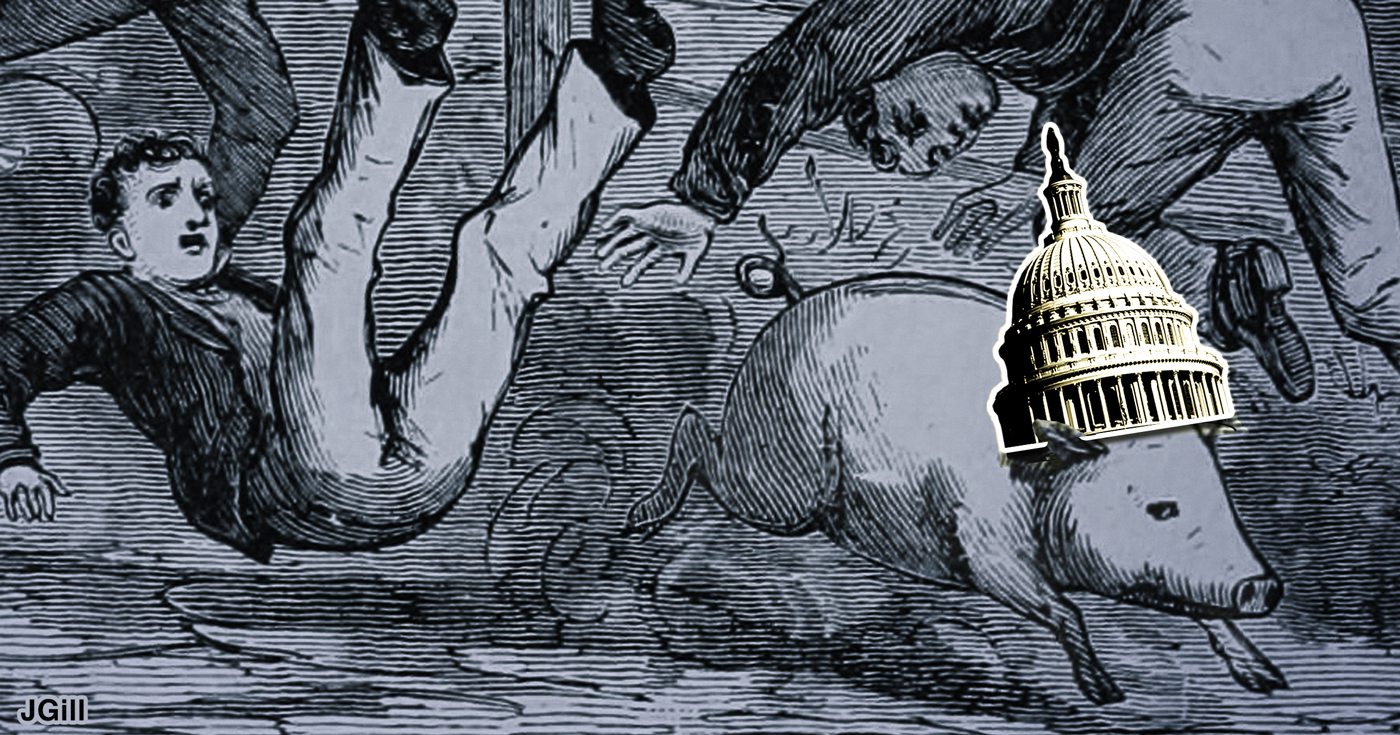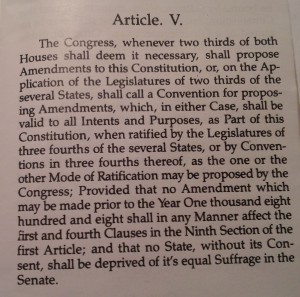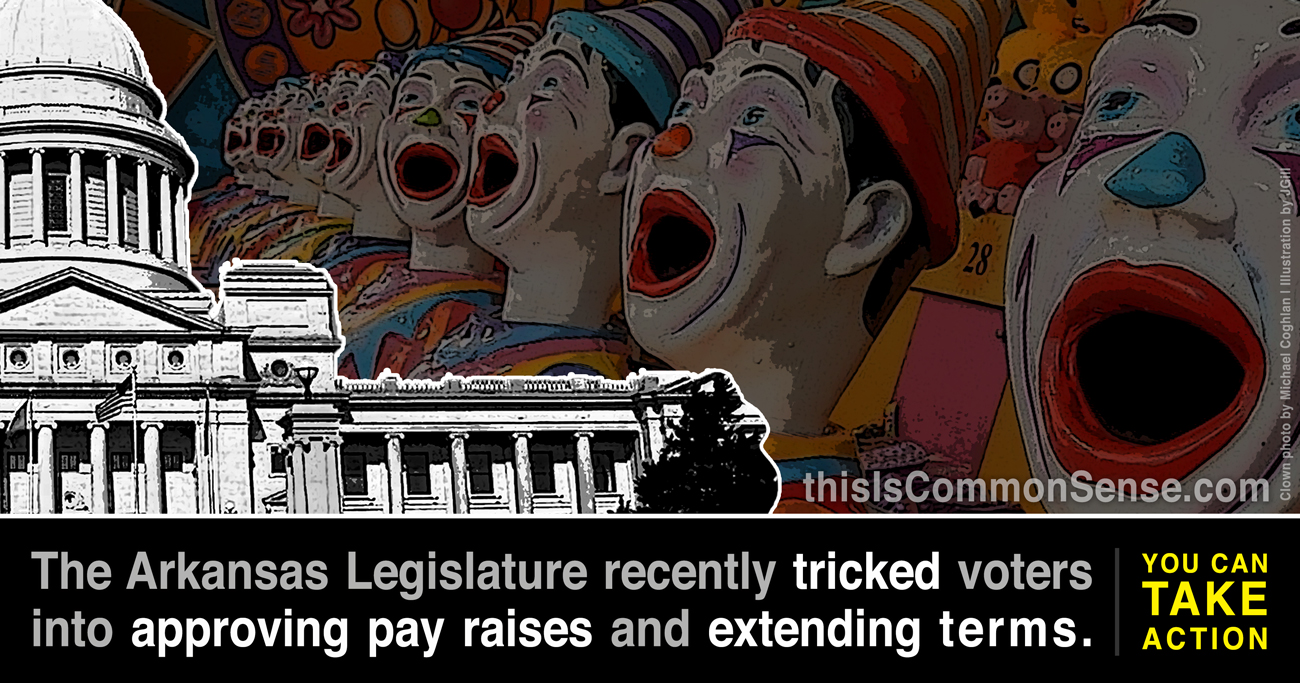The law exists to ensure responsibility. When someone does wrong, the police and courts are here to correct for the lapses and crimes.
That’s how law “holds us responsible” for our actions.
The War on Drugs is fought, it has been argued, because recreational drug use makes people irresponsible. So police and courts must punish, etc., etc.
But Theory must be judged not on intent, but on results.
Which are too often atrocious.
When I wrote about Bounkham “Bou-Bou” Phonesavanh before — a toddler horribly maimed and almost killed by an incendiary during a completely fruitless drug raid on a home full of innocents — I identified the War on Drugs as the root problem: “Waging that war permits endless ‘botched raids’ like the one that almost killed Bou Bou,” I wrote last February. “So long as such invasions remain a standard means of trying to catch dealers with their stash — indeed, so long as the War on Drugs is being waged at all — innocent persons will always be needlessly at risk.…”
Now that the trial is over and the family has been rewarded not quite a million bucks in recompense, we can see, clearly, what’s wrong here.
Irresponsibility.
The police who did the foul deed? Unrepentant in court, offering bizarre excuses. What the police assailants claimed, the Pro Libertate blog summarized, “is that while he was sleeping, Baby Bou-Bou ambushed them.” An overstatement? Perhaps — but very slight.
Meanwhile, who pays? The taxpayers. Not the guilty cops.
If we continue to allow this “war” we will continue getting unaccountable policing and the tragedies that necessarily result.
In a word: irresponsibility.
This is Common Sense. I’m Paul Jacob.








